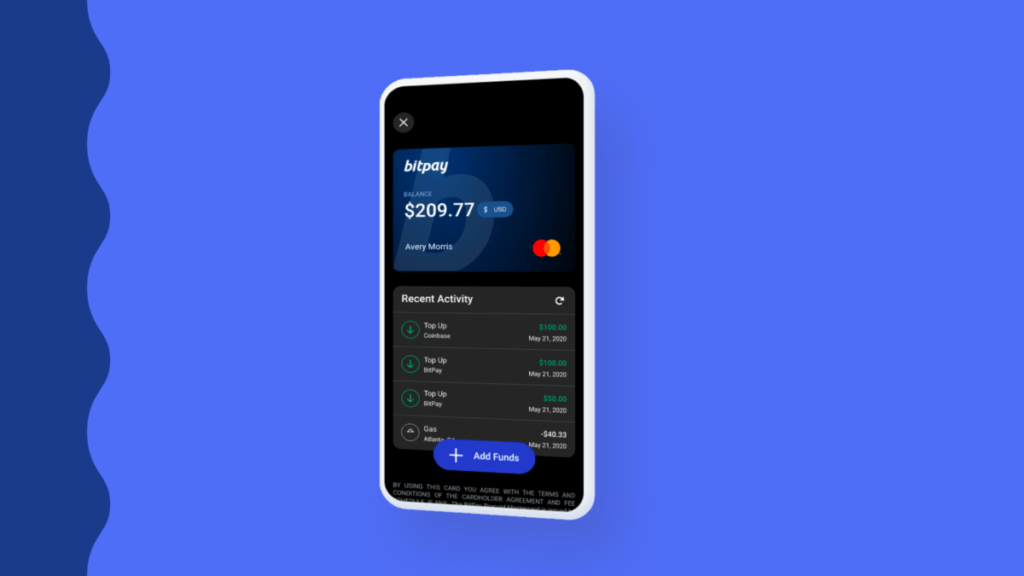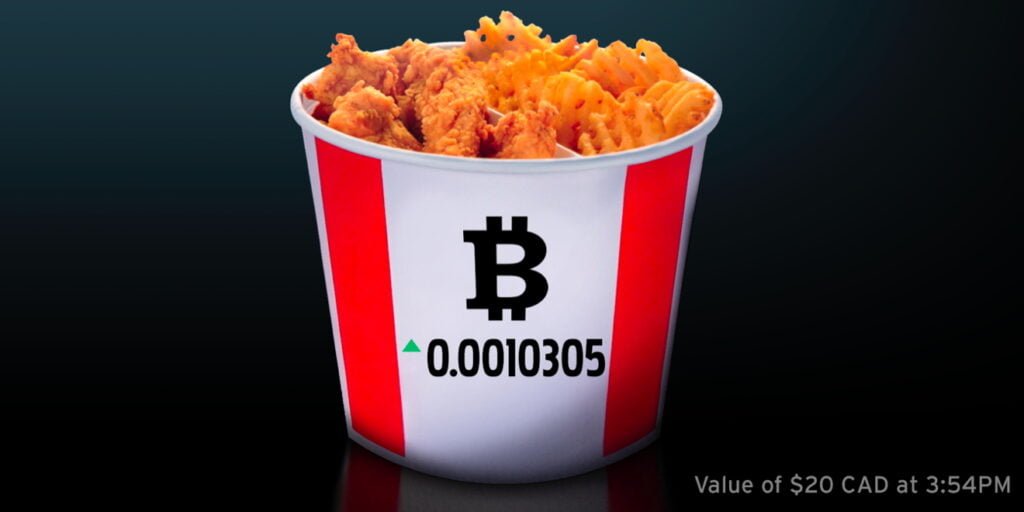When cryptocurrencies emerged, it was common to see people questioning their validity as money. One of the biggest arguments used for this was that it would never be possible to use cryptocurrencies to buy normal everyday things. However, as time passed, this market only grew, and today we see many large and traditional companies offering crypto payment methods. How about we take a look at some of the main ones?
Cryptocurrencies emerged in 2009, with the creation of Bitcoin. The idea behind this was to create a digital currency that is not controlled by any central authority, and to do so, transactions would be verified and recorded on a decentralized network, known as the blockchain, a public ledger that records all transactions in a specific cryptocurrency.
At first, Bitcoin was largely discredited, winning over only a few enthusiasts. Much was questioned about its functionality as a currency, with it only circulating among its few adopters, being seen at best as an object of financial speculation.
The years passed and the scenario changed. Bitcoin has grown exponentially, bringing more and more new adopters, and increasing confidence in the crypto market. With that, several other cryptocurrencies emerged, with different goals and underlying technologies, such as Ethereum.
Read more about cryptocurrencies:
- What are altcoins and how are they created?
- Discover the 3 most common cryptocurrency scams and learn how to avoid them
- Brazilian Cryptocurrencies: Get to know the main options available
Which companies have adopted crypto payment?
With this market becoming more and more relevant, several companies and traditional franchises, which previously questioned the validity of cryptocurrencies, started to adhere to them and provide payment methods using blockchain technology. Below is a list of some of the main ones.
Microsoft: The tech giant took a while to break into the crypto world, mainly due to questions from its boss Bill Gates about the legitimacy of the technology. However, the company was eventually convinced and, in 2014, began accepting Bitcoin payments on its Windows and Xbox virtual stores. In addition, the company also started to invest in the development of new blockchain-based technologies, showing its confidence in the segment.
Twitch: After becoming the main streaming platform, the site entered into a partnership with BitPay, a payment intermediary focused on Bitcoin. With this, users can pay their subscriptions to channels directly with cryptocurrency through the platform.

In addition, BitPay also partners with several other large companies, making Bitcoin payments available to them. The list includes the aforementioned Microsoft and Twitch, online electronics giant Newegg, video game importer PlayAsia, fashion house Ralph Lauren, and the Wikimedia website chain (which includes the Wikipedia encyclopedia). It also allows users to purchase gift cards for Spotify, Google Play, Adidas, Nintendo, PS Store, Uber, Walmart, Subway, Burger King, AirBnB, and many others.
Burger King: In addition to the possibility of buying gift cards for the fast food chain through BitPay, there are already some franchise establishments that have started to accept cryptocurrencies directly. An example is the franchisees in Paris that now have Instpower machines, which make payments in several different cryptocurrencies available through Binance Pay.
KFC: The fried chicken restaurant chain hasn’t permanently integrated cryptocurrency payments yet, but in 2018 its Canadian branches ran a promotion with a Bitcoin-themed bucket that could be ordered online using crypto payments. It is unknown if there are any plans to accept the coin again.

Starbucks: In 2018, the coffee chain announced its partnership with crypto platform Bakkt, allowing its customers to pay with cryptocurrencies. After that, the company started to integrate Bitcoin wallets in its smartphone app, allowing even easier crypto payments. In addition, the network has also invested in other areas of the blockchain, such as unique collections of NFTs that are sold and made available in its loyalty programs.
Subway: Like Burger King, in addition to the gift cards available on BitPay, the sandwich franchise already accepts direct payments with crypto in some establishments, with the first tests taking place in Moscow, Russia, and now arriving in Berlin, Germany. To encourage the novelty, German restaurants gave discounts to anyone who paid for crypto, and initial demand was quite high. Payments are made through the Lightning Network, with QR Code reading that allows fast payments and low fees.
PayPal: Currently, the largest payment site in the world already allows its users to buy, sell and transfer cryptocurrencies. Although direct payment with them is not yet supported, it is possible to convert cryptocurrencies into fiat currencies to then use for online purchases.
Unicef: The United Nations Children’s Fund started accepting crypto donations in 2019. With that, the NGO allows even more ways for people to help their fight in favor of children around the world.
NordVPN: One of the most well-known virtual VPN services, NordVPN already accepts crypto payments for its subscriptions. This makes a lot of sense, as one of the greatest values behind cryptocurrencies is privacy, a principle that also underpins the use of VPNs.
These were just some of the companies that already accept crypto payments. With the continued growth of the segment, we should increasingly see this adoption increasing, with more and more traditional companies giving their arm to cheer for the new technologies.
Translation by Laura Bonci






